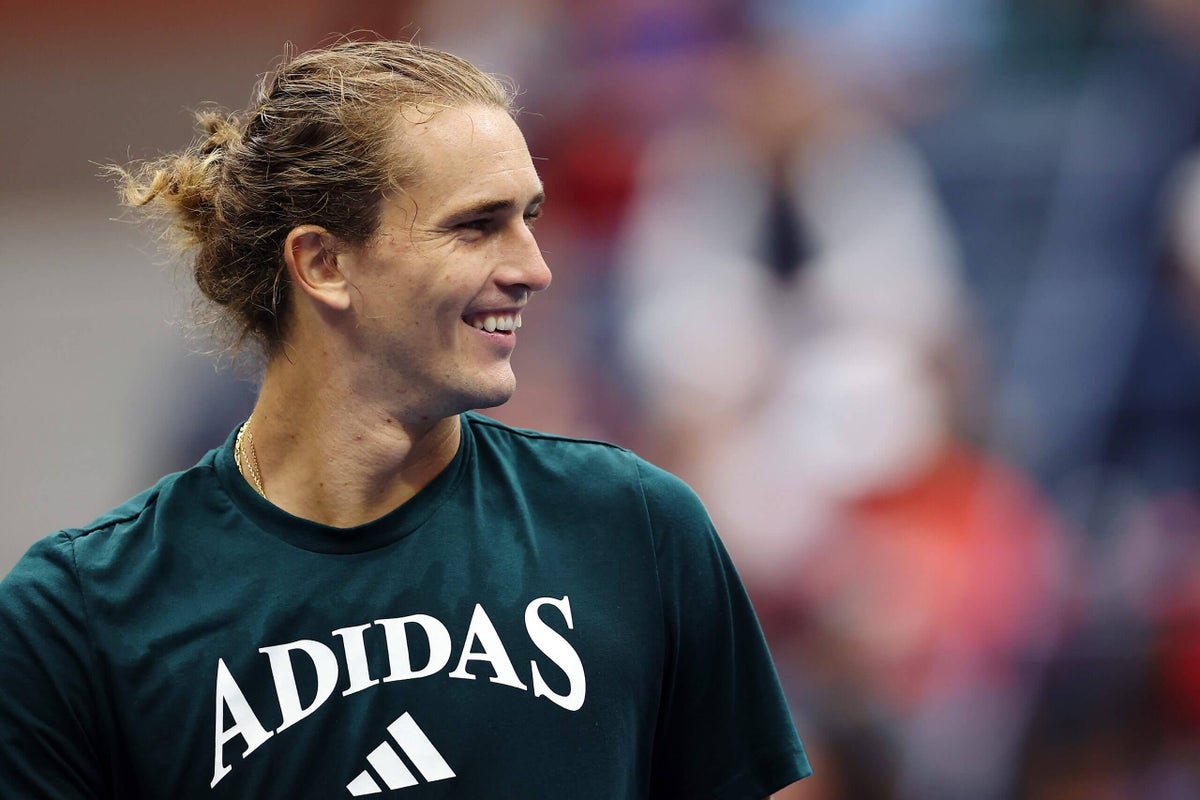NEW YORK — Alexander Zverev, the men’s tennis world No. 3, said he started receiving professional help after saying at Wimbledon that he felt “very alone” and was “lacking joy in everything that I do.”
Zverev said Friday he is in a much better place than he was when he made those comments, which came after a first-round loss to the unseeded Arthur Rinderknech of France on June 30.
Nearly two months later, the German says he’s “on the right path” after getting professional help — support he continues to receive — as he looks to revive a season that has largely disappointed since his run at the Australian Open in January.
Zverev has lost three Grand Slam finals, including at the U.S. Open five years ago, and is considered by many to be the best player not to have won a major. After being outplayed by Jannik Sinner in his most recent one at the Australian Open, he has admitted to struggling to get over the devastation of being unable to deliver on the biggest stage.
“I struggle mentally,” he said at Wimbledon. “I’ve been saying that since after the Australian Open. I’m trying to find ways to kind of get out of this hole. I keep kind of finding myself back in it in a way.”
Following his Wimbledon exit, he turned to Rafael Nadal for expert advice while training at the Spaniard’s academy. Nadal stressed to him that he needed to be braver in the biggest moments if he wanted to get over the line.
Zverev has since reached the semis at the Canadian Open and in Cincinnati last week, and said Friday he “really enjoyed the last two tournaments.”
“I really enjoyed being back on the tennis court,” he said. “I think also when I’m joyful on a tennis court and happy on the tennis court, I feel like you can see that a lot of times with my game and how I play and whether I show emotions or not, whether I’m more quiet. That’s usually not a good sign for me.
“So, yeah, I feel like everything is going in the right direction, and I’m very happy to be here right now.”
Zverev felt so deflated after Wimbledon that he decided it was time for a full reset. “I put my racket down and took extended time off, and I went on holidays with my friends where I didn’t train, didn’t play tennis, didn’t do anything (compared) to what I usually do.
“I think some of you probably know that even after the tournament finishes, the next day or the day after, I’m in the gym. I’m working out.
“I didn’t do that. I went and had some time off. Spent a lot of time with my friends. Got professional help also.”
Zverev said therapy “definitely feels good” and that “it’s a process.”
“It’s not over within one or two weeks. I think it’s something that you need to work through for multiple years and for multiple past years of your life. That’s what I’m doing,” he said.
Having reached at least the quarterfinals in all of his last four visits to the U.S. Open, Zverev begins this year with a first-round match against Chile’s Alejandro Tabilo.
(Photo: Sarah Stier / Getty Images)

